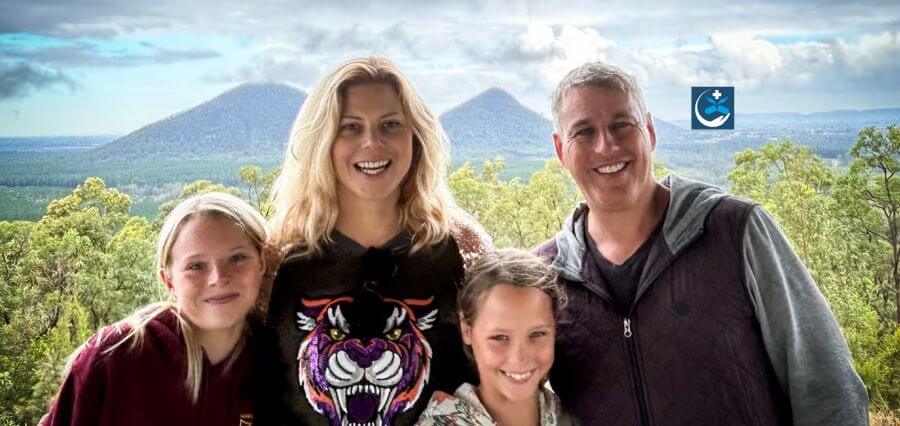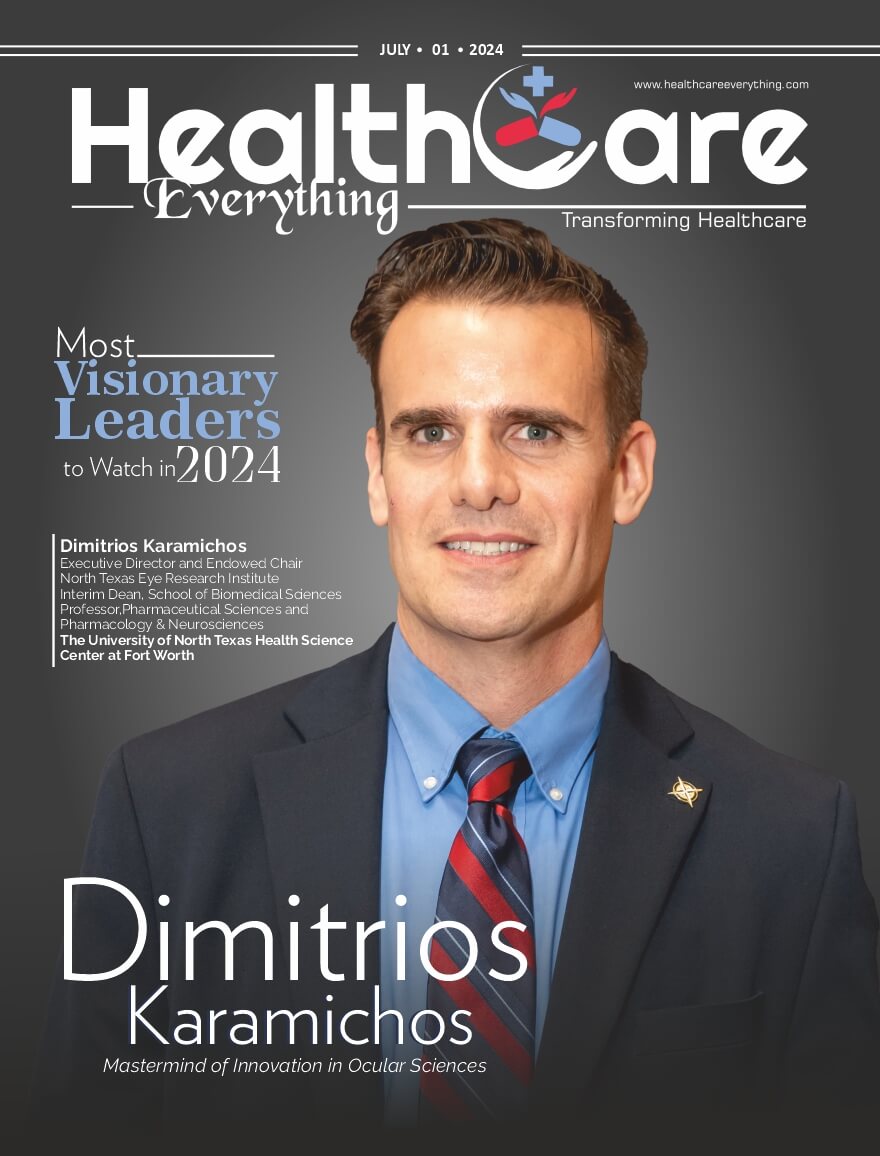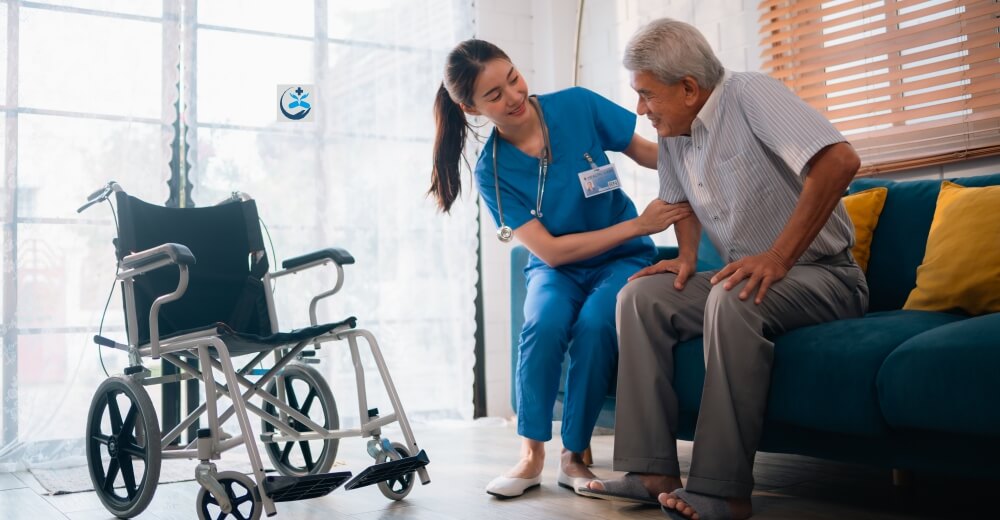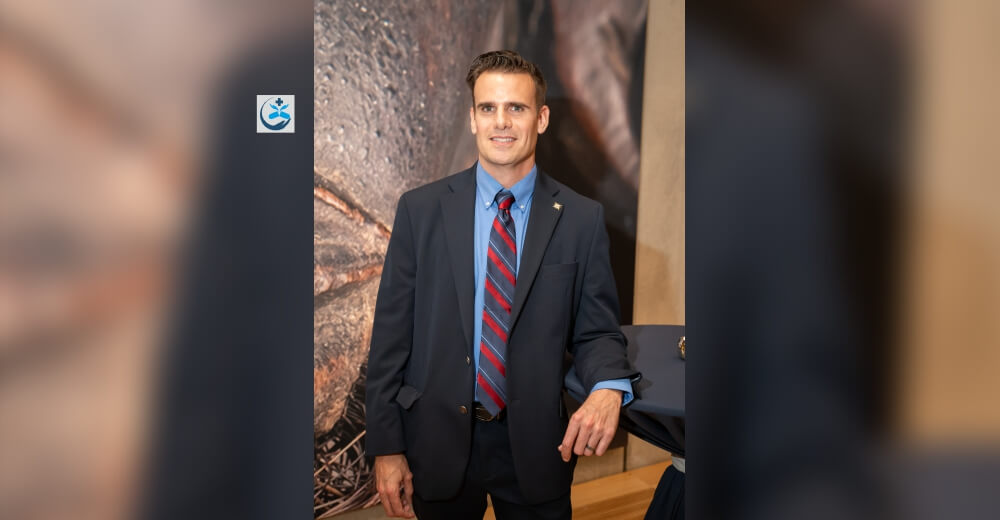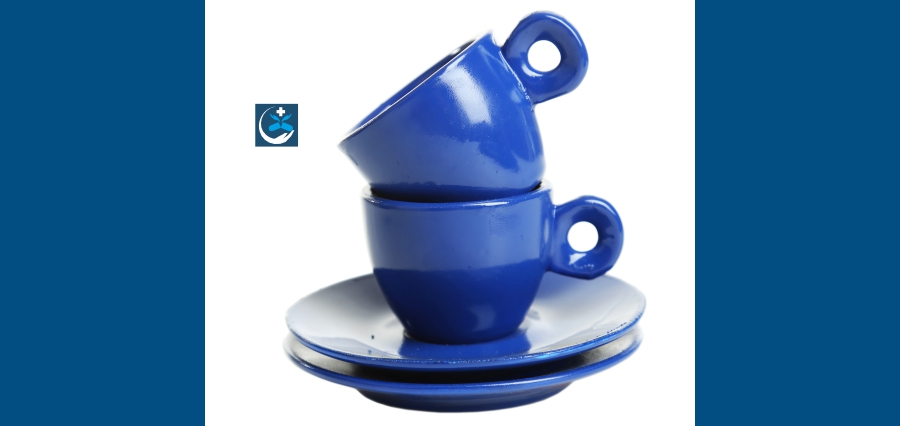Bowel cancer diagnoses are rising among young New Zealanders, whereas rates among the elderly are declining. Researchers want screening to start much earlier, but it will shortly start at age 55.
Adrienne Smithson believed that cancer primarily affected the elderly.
The 45-year-old, who is from Hillcrest on Auckland’s North Shore, was raising two daughters with her husband James and employed as a primary schoolteacher until the previous year. She had a long career ahead of her, along with parenthood. She then went to see her general practitioner in July due to ongoing stomach pain, and following a battery of scans, she was told she had stage 4 bowel cancer.
“I never would have imagined getting cancer in my 40s,” she told the Herald. “It just came completely out of the blue.”
Smithson did not have any recognized risk factors or a family history of bowel cancer. She exercised frequently, drank in moderation, and ate healthily. After every birthday, she underwent blood testing and health examinations. Additionally, she lacked any of the disease’s early warning indicators, such as rectal bleeding or irregular bowel movements. Rather, she had some gas in her stomach followed by discomfort in her lower abdomen. Later on, scans revealed that a tumor in her ovaries was the cause of them. Additional tumors were discovered in her liver and lungs, all of which were connected to the colon.
“It really caught me off guard; it was a huge surprise.” The escalating prevalence of colorectal or bowel cancer in the younger demographic is a worldwide phenomena that was initially identified approximately ten years ago in New Zealand.
According to a recent study by University of Otago researchers, between 2000 and 2022, the number of cases among those under 50 increased by 26% on average every ten years.
Professor Frank Frizelle, a colorectal surgeon, adviser to Bowel Cancer NZ, and co-author of the paper, stated, “That’s a higher rate than we originally thought.” “And it’s picking up speed.” Thus, the rate of growth is accelerating. Three quarters of Māori under 50 saw an even greater increase.
The study’s lead author, Dr. Oliver Waddell, a PhD candidate and surgical trainee, expressed concern over the fact that Māori were more likely than non-Māori to die from the illness and to receive an advanced cancer diagnosis, potentially as a result of delayed diagnosis and unequal access to cancer treatment.
Younger people accessing a portion of the health system intended for elderly people may be contributing to some of the issues. Young individuals with symptoms were not seeking assistance, and doctors were failing to take into consideration the evolving nature of colon cancer.
Read More: Click Here

